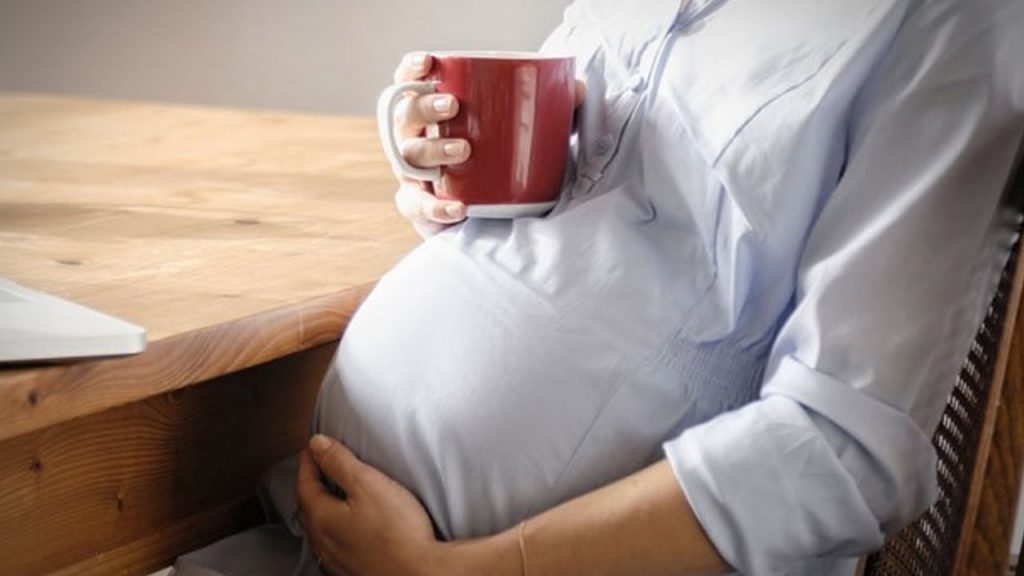An expecting mother faces a lot of dos and don’ts when it comes to food and drinks. She has to change her lifestyle and diet for the betterment of her baby. Keeping this in mind, coffee lovers would be wondering if coffee is safe to consume during pregnancy. Can you drink coffee during the first trimester of pregnancy? If it is safe, then what quantity of it should be consumed? Is there any alternative to coffee? What are the effects of coffee on pregnancy? Here is the answer to all your questions. We will discuss the benefits, side effects and the risk of caffeine during pregnancy. Read on to find out more about coffee and pregnancy.
Must Know Facts About Coffee and Pregnancy
- Caffeine which is contained in coffee makes the expecting mother cheerful, active and merry. Some pregnant women are prone to neural tension, depression, drowsiness and weakness. It is connected with hormonal changes and drinking some good coffee will help to cope with these problems.
- If a pregnant woman suffers from low blood pressure, she should begin her day with a cup of coffee.
- Many mothers-to-be have swelling that is why the diuretic effect of coffee will be to the purpose.
Is coffee bad for pregnancy coffee and pregnancy?
Too much consumption of coffee can increase the concentration of two components in our body, i.e. Caffeine and polyphenols. As the breakdown time for caffeine in the body is longer during pregnancy, the chances of it reaching the unborn baby are higher. Caffeine passes from mother to the growing baby through the placenta. The organs in a growing baby are still in the developing stage and processing of caffeine by the baby’s body can be delayed which could cause side effects.
Side effects of caffeine
Few of the side effects include:
- Miscarriage: high consumption of caffeine (more than two cups) can cause miscarriage in early stages of pregnancy. Therefore, avoid consuming coffee in the first trimester of the pregnancy.
- Cardiovascular toxicity: in an unborn baby, caffeine can cause an increase in the heart rate, arrhythmia, or irregular heartbeat.
- Growth retardation: caffeine can cause an adverse impact on the developing brain of the baby which in turn can affect the growth.
- Carcinogenic: high amount of caffeine can lead to cancer in the foetus.
- Anaemia: anaemia is a condition in which there is a deficiency of red cells or haemoglobin in the blood. Caffeine may reduce the iron absorption capacity from food to body and can cause health risk during pregnancy.
- Also, pregnant women with a high consumption of caffeine (more than 300 mg) gave birth to the lighter weight babies than those with lower consumption of caffeine (100-200 mg). Also, babies born with lower weight are at a higher risk of health issues when they grow older.
Safer alternatives to coffee
- In case you are consuming a small amount of coffee/ tea, make sure that you drink plenty of water during your pregnancy to stay hydrated.
- If you need a caffeine boost, you might choose a latte (about 75 mg of caffeine). From the milk in a latte you’ll get a little extra calcium and protein – nutrients you need during pregnancy anyway.
- Include milk and milk products in your diet so that vitamin b12, calcium, and protein are supplied to your body naturally. You can have fresh lassi (sweet, thick yoghurt) made with your favourite fruit. Addition of buttermilk in your diet will keep your digestive system healthy by reducing gastric problems that arise during pregnancy. Lassi and buttermilk can act as a coolant in summer.
- Pure/ fresh homemade fruit juices can be a good choice instead of caffeinated drinks. The fruit juices are rich in vitamin C, antioxidants.
- Addition of herbal tea can help to reduce the urge of caffeinated drinks. The herbal drinks such as mint tea (reduces morning sickness), red raspberry leaves tea (regulates contraction during labour); Ginger tea (reduces morning sickness).
- Consumption of vegetable juices will help to maintain the nutrient levels in the body during pregnancy. These juices are a good source of fibres, folic acid etc.
- Include dry fruits and high fibre contained seeds/ fruits in your diet as they contain a good amount of omega 3- fatty acids, proteins and antioxidants which will be healthy for baby and mother.
In short, it is highly recommended to avoid caffeine as much as possible. But, even if you do have to cut back on the coffee now, don’t worry — you’ll be drinking plenty of it in a few months when your baby keeps you up all night!
Also, never hesitate to ask your doctor about caffeine intake or any other pregnancy-related queries. It is always better to be safe than sorry. Happy Pregnancy!
